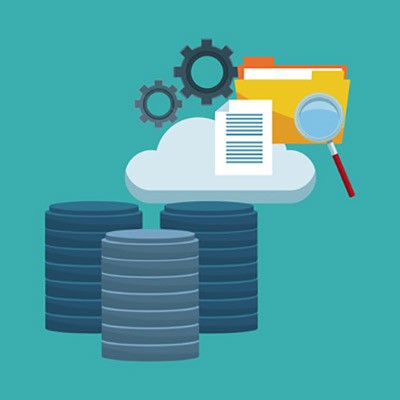CCI Tech Blog
Data storage is hardly the most interesting topic out there, but it’s one that your business needs to consider if it’s going to flourish in the modern era. The cloud offers you real benefits from traditional on-premises file storage, all while being cheaper and more efficient. Let’s take a look at three reasons you might consider cloud storage over in-house infrastructure for your company’s data storage needs.
We all know companies collect a lot of data. After all, your business is no exception to this rule, and you likely collect significant consumer data to facilitate operations. But if you get the itch to protect your personal privacy (and you should), there are ways to limit how much advertisers, criminals, and other companies can gain access to. Here are just a couple of ways.
Antivirus is a staple security solution for businesses and everyday PC users, but have you ever considered how it works? By thinking through some of the details, you might gain a greater understanding of how antivirus works, what it does, and why you need to keep it updated. Today, we’re going to discuss just that, starting from square one.
When hackers steal data, they don't just sit on it. Sometimes they delete it, but most of the time, they sell it or use it for illegal activities. A lot of this stolen data ends up on the Dark Web, a hidden part of the Internet where people do shady things. That's why it's so important to keep an eye on the Dark Web to protect your business.
We manage all types of files in the course of doing business. Some are more important than others and often need better security, and they need to be filed a certain way so that retrieval is fast and painless. Today, we will go through three of the best practices in file management to help you get a better handle on the ever-growing amount of data you have to store.
The late American author Kurt Vonnegut once wrote, “New knowledge is the most valuable commodity on earth. The more truth we have to work with, the richer we become.” Written in the 20th century, it has been put in practice by 21st century businesses. As the Internet has grown, the amount of companies expanded, and the amount of data that those companies collect has grown exponentially, especially now that there is a market for such data.









